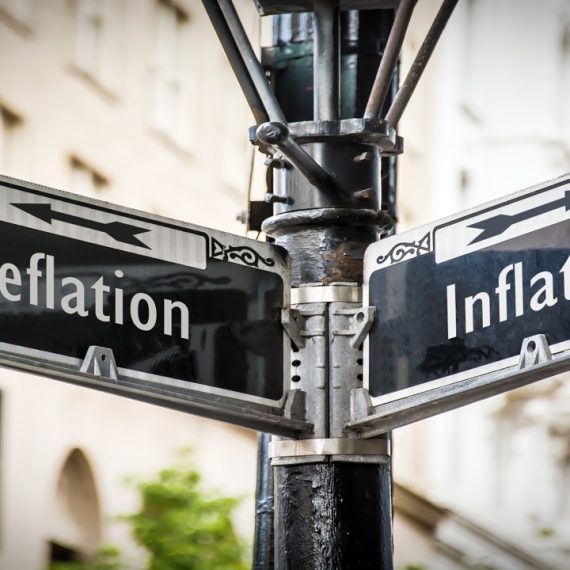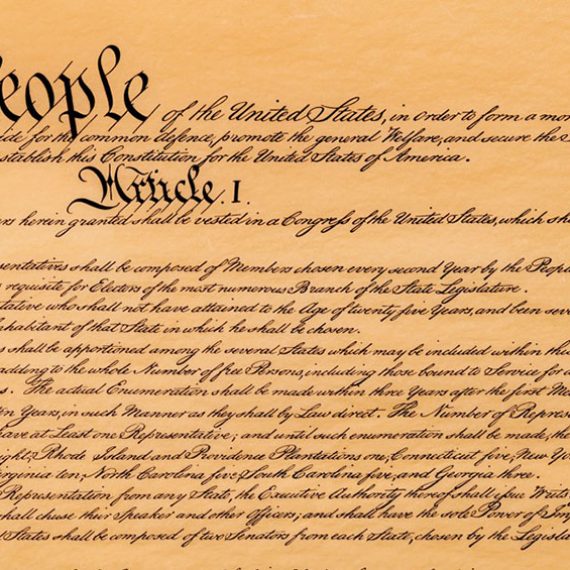Thursday, June 23rd is the day voters in Great Britain will decide whether their country will leave the European Union, an outcome dubbed “Brexit”. The debate leading up to the vote is becoming fierce, and long simmering disagreements within the Conservative Party to “Leave” or “Remain” in the EU are now boiling over.
Prime Minister David Cameron is leading the Remain campaign. He is receiving verbal support from big business and large banks that have lobbyists encamped in Brussels working on their behalf. Support for the Remain campaign has also come from sources outside the UK including the IMF and Barack Obama.
Various European prime ministers who sound fearful if Britain were to leave their political experiment have now waded in including Angela Merkel, who the Daily Mail reports is “trying to ‘bully’ Britain into staying in the EU by warning we would be punished if voters back Brexit.” The Daily Mail went on to say: “Her comments came hours after similar warnings by the Dutch and Spanish prime ministers in what appeared to be a co-ordinated push by the European elite to head off a Brexit vote.”
The most visible champion of the Leave campaign is the vocal Conservative backbencher Boris Johnson, the former Mayor of London. The media has been giving less attention to Nigel Farage of the UK Independence Party, whose longstanding aim to get Britain to exit from the EU is well known.
There is a grassroots effort underway for Messrs Johnson and Farage to work together in a unified voice to leave the EU. Mr Campbell Bannerman, who is co-chairman of Conservatives for Britain and founder of Vote Leave, the leading anti-EU campaign group, would like these two leaders to join forces in a unified effort because, in his words: “This is a once in a lifetime opportunity to get the UK out of the EU super state once and for all.”
These Leave campaigners are supported by a diverse group of euro-sceptics, including small businesses swimming in excessive EU red tape like, as the BBC reports, the “regulations about growing farm produce and these are long – about 32,000 words.” Other regulations have dealt with, for example, the curvature of cucumbers. According to Regulation No 1677/88, Class I cucumbers are allowed a bend of 10 millimetres per 10 centimetres of length whilst Class II cucumbers can bend twice as much. After several years of enforcement, that regulation was repealed so that British euro-sceptics could no longer use it to ridicule eurocratic pedantry.
The Economist reports: “Open Europe, a London-based think-tank, using official figures, says the annual cost to the economy of the EU’s 100 most expensive rules is £33 billion ($49 billion) a year.” That’s only the top 100. An analysis by non-partisan Business for Britain concludes that there are “49,699 exclusively EU regulations” promulgated between 1993 and 2014. Their report further states that “64.7 per cent of UK law can be deemed to be EU-influenced.” It is this clear erosion of British sovereignty that has the Leave campaign up in arms.
The lead up to the vote has been marked by countless claims – many of which are dubious or overblown – and counterclaims. For example, the BBC reported: “David Cameron claims holidays would cost more” should Britain leave the EU. Fortunately, the BBC went on to report Mr Farage’s response that Mr Cameron was trying to “turn the truth on its head.” Mr Farage noted that holidays have already become more costly because of air passenger duty and EU taxes on carbon emissions.
Notwithstanding occasional forays into esoteric matters like the rising cost of European holidays, Mr Cameron has been focusing on the economic impact of Brexit. It was therefore no doubt embarrassing to him that he made much of a report showing the negative economic consequences that would occur if Britain were to leave was prepared by an organisation partially funded by the EU. But the Leave campaigners have made some gaffes too.
There has also been a lot of fear mongering, particularly by Remain campaigners when discussing the economic consequences of Brexit. Prominent Scottish MP Alex Salmond, who favours Remain, has recently admonished his fellow campaigners to “leave the scaremongering behind,” although he recently did just that. With the tribulations of the last referendum on Scottish independence still fresh in memories, he said there would be another one if Britain leaves the EU. But it is the economy that the Remain camp wants to put on centre stage, and that is where their scaremongering has been focused.
The Remain campaign would have us believe that economic activity would suffer if Britain left the EU. All kinds of statistics are being used in an attempt to make their case, which leads directly to the overlooked reality in the Brexit debate. Regardless of the differing predictions made about the economy by both sides, the fundamental underlying reality being generally ignored is that no one can predict the future.
Politicians are not soothsayers. Nor is the IMF. If they were they would have predicted the 2008 financial collapse. So it is therefore impossible for anyone to claim whether the economy will be stronger, weaker of unchanged if Britain remains in the EU or leaves.
The reality is that the vote should centre on one simple question. Does Britain want complete control over its destiny, or is it prepared to cede some control to unelected bureaucrats in Brussels? Thus, what the vote really comes down to is Britain’s sovereignty and the democratic control over its own future.
Given that the future cannot be predicted, the economic scaremongering of the Remain campaign can be dismissed. That gives the Leave campaign the upper hand because leaving the EU would return control to Parliament in two key areas:
- To pay for its cost of membership, Britain sends £350 million every week to the EU as its share of the EU’s overhead. About half of this money comes back to Britain as a rebate and various EU grants, but the EU – and not Britain – determines where those refunds are spent. So the Leave campaigners correctly claim that Britain would be better off by keeping the £18 billion it sends each year to the EU, and directing that money to where it is needed, like education, some areas of farming, public health services, and/or reducing taxes.
- As an EU member, Britain has no control over immigration from the EU. Anyone with an EU passport can travel to Britain, take up residence, begin to work and/or claim welfare benefits. Because Britain’s social security net is more generous than that of many EU countries and because jobs are more plentiful in Britain as a result of its economy being much stronger than much of the EU, immigration has soared to the extent that schools and other public services in many parts of the country are overburdened. These service providers are finding it difficult to cope because increased services to provide for immigrants are required in an environment where the government is aiming to control costs to keep its budget deficits from exploding.
The Leave campaigners are focusing on the above points, whilst Mr Cameron and Chancellor George Osborne continue trying to predict the future with scare tactics about the economy.
The ensuing uproar within the Conservative Party has left Mr Cameron demonstrating Shakespeare’s wisdom that “Misery acquaints a man with strange bedfellows”. In what appears to be an act of desperation, Mr Cameron is befriending Remain campaigners within the Labour Party leadership for support in his search for votes.
That gambit seems destined to fail when compared to Mr Farage’s effort. He has been explaining to Labour’s rank and file why it is becoming increasingly more difficult for them to find jobs with the rise in immigrants from the EU.
Mr Farage and other Leave campaigners recognise that uncontrolled immigration is clearly emerging as an important focal point of the upcoming vote. And with so-called boat people now trying to enter Britain illegally in dinghies launched from the migrant camps across the Channel in Calais, it appears that the momentum to leave the EU is building, given that the Brexit camp led in one recent poll.
Pollsters have had some notoriously bad predictions of late, but that fact further highlights the overlooked reality about Brexit – the future is unpredictable. Nevertheless, there is no question whatsoever that the British themselves can successfully manage an uncertain future by Great Britain voting Leave and thereby returning its sovereignty to its people and their duly elected representatives in Parliament.




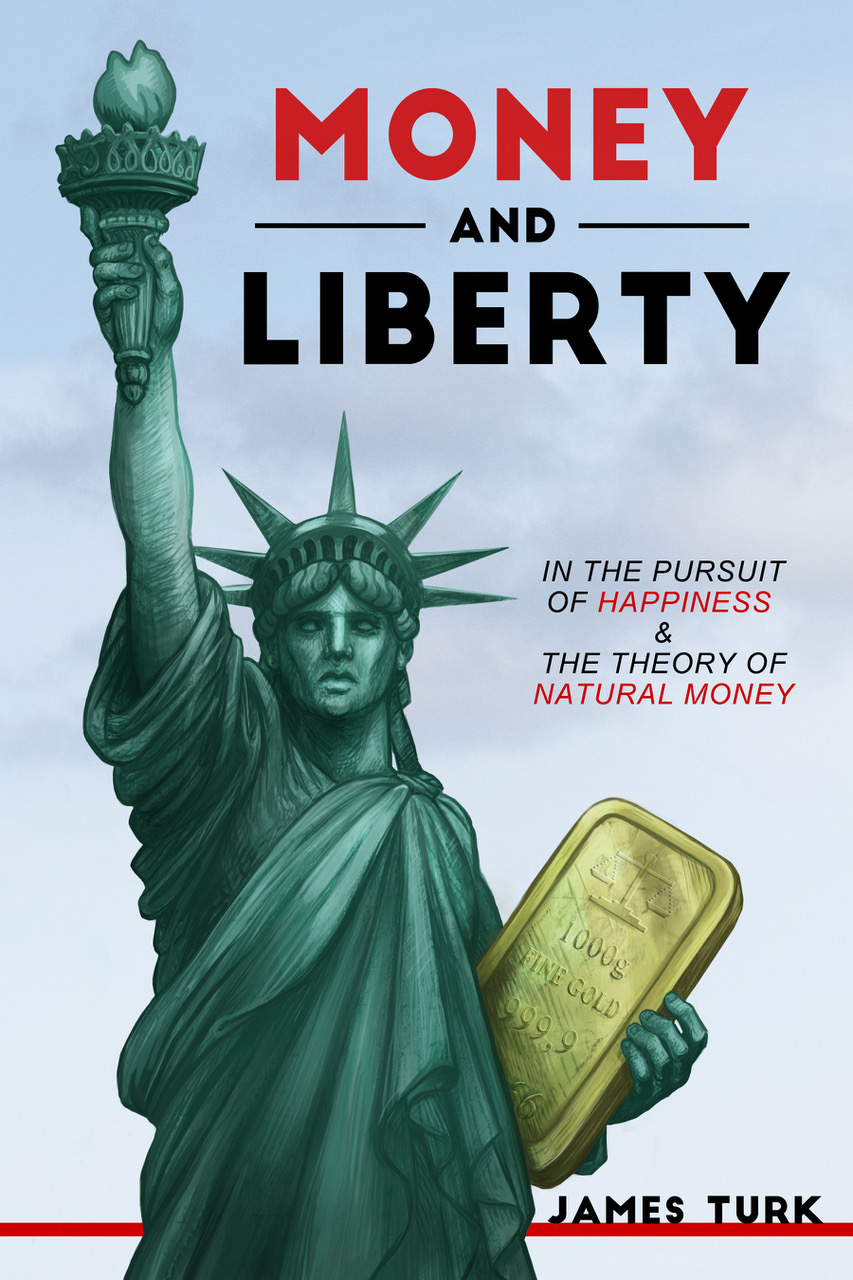
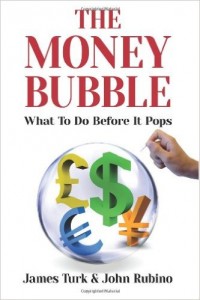
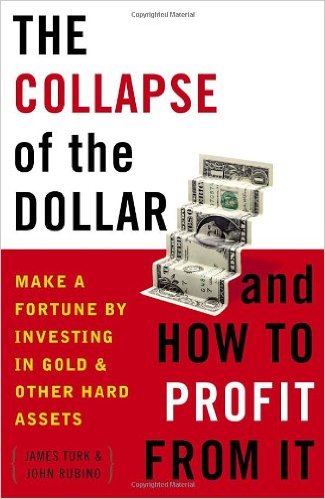
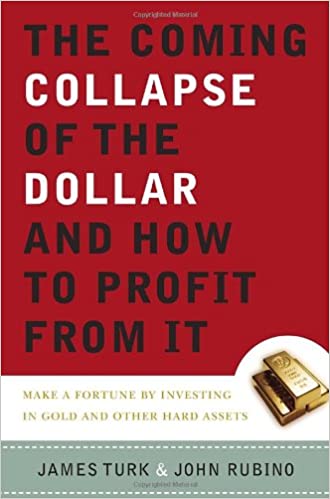
 My objective is to share with you my views on gold, which in recent decades has become one of the world’s most misunderstood asset classes. This low level of knowledge about gold creates a wonderful opportunity and competitive edge to everyone who truly understands gold and money.
My objective is to share with you my views on gold, which in recent decades has become one of the world’s most misunderstood asset classes. This low level of knowledge about gold creates a wonderful opportunity and competitive edge to everyone who truly understands gold and money.